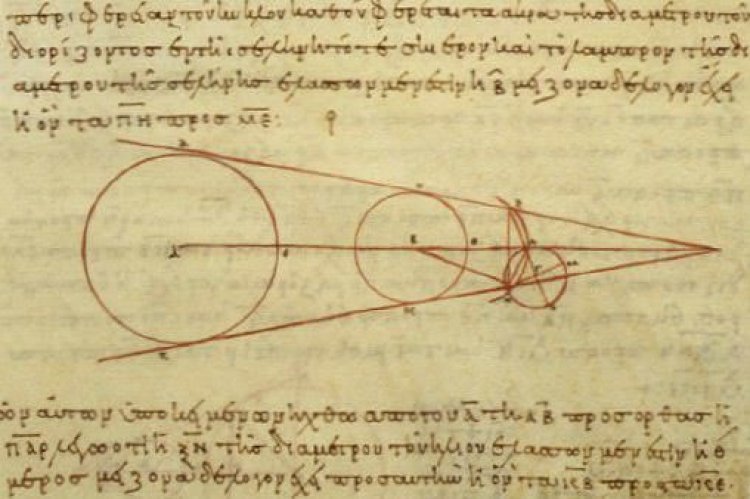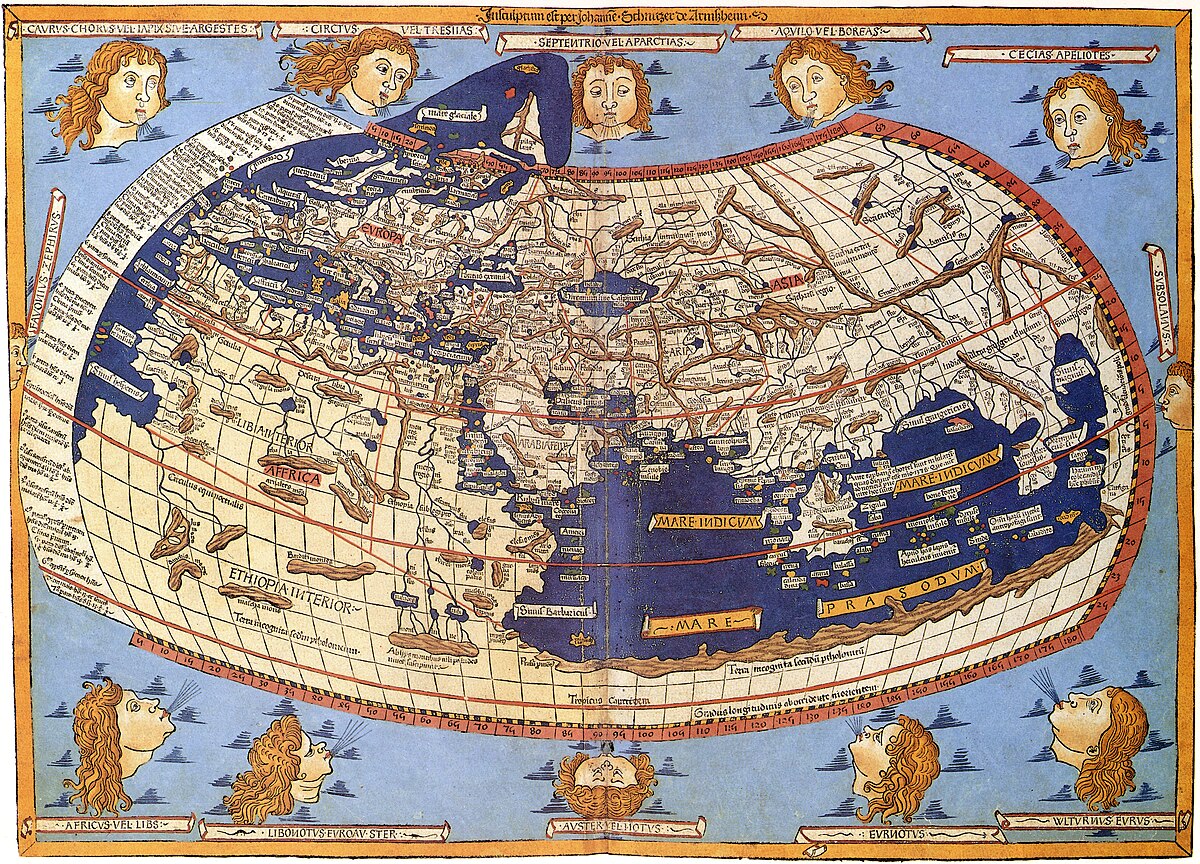When it comes to ancient civilizations well-known for their achievements and inventions, you’ll find the ancient Greeks near the top of the list — if not dominating the list. This is because the ancient Greeks had a habit of research and development, as the philosophers and inventors were always looking for something new.
Naturally, Greek inventions were all later adapted and modernized as the years went by, so many people are unaware of just how many achievements and innovations originated in ancient Greece. There are so many things that wouldn’t exist in the modern world without the contributions of the Greeks, which is why it’s never a bad idea to look to the past.
There are also plenty of lessons the modern age can still learn from the ancient Greeks. Here are a few notable examples showcasing some of the very best achievements and inventions of the ancient Greek world.
The Olympics

Starting with perhaps one of the most famous achievements and inventions of the ancient Greeks is the Olympics. The Olympics is well-known worldwide as a sporting spectacle that turns the heads of just about everyone. According to the older historical records, the very first Olympics was held around 776 BC. They were staged on the fields of Olympia, and were dedicated to the gods and goddesses of Mt. Olympus.
The games staged on Olympia were held every four years, similar to the games staged near Delphi. The games staged at the Isthmus of Corinth were held every two years. The first modern Olympics were held in 1986 and was a tribute to the Olympic games of old. Even those who aren’t interested in sports tend to tune in during the Olympics due to the show of talent and passion.
The Prelude to Modern Medicine

The road to modern medicine is paved with the blood, sweat, and tears of inspired individuals. There’s no denying that ancient medicine was primitive, and the lack of knowledge in many areas led to ancient civilizations adding religion to the mix. Like many others, ancient Greece had its fair share of people who believed diseases to be punishments from the gods.
However, much of that changed when Hippocrates started his numerous experiments concerning the human body and the progression of the disease. You’ve probably heard of Hippocrates, considering medical professionals stand by the Hippocratic Oath. It was this very oath that created an ethical practice used by doctors to this very day. It comes as no surprise that ancient Greece — with the help of Hippocrates — was known as the prelude to modern medicine, as it’s hard to imagine what modern medicine could possibly be without the oath.
The Very Concept of Democracy

It’s challenging to imagine what modern society can be these days without the concept of democracy, as it’s something that most people experience throughout the globe. While there might be some areas where democracy is not the gold standard, the many advancements of the modern age can be partly attributed to the system of government.
To be fair, there have been tidbits of historical records here and there of systems of government similar to democracy before the Greeks, but it was ancient Greece that showcased democracy in its full splendor. We can thank Athens around 508 BC for the very concept of democracy, as well as the constitution. A system where all members of society had a chance at holding more political power, and a system where equality was the name of the game, was undoubtedly something that influenced many future civilizations.
Modern Philosophy

They say that Greece is the birthplace of modern philosophy, and they wouldn’t be wrong. In fact, it can be said that before the age of the ancient Greeks, people saw philosophy in an entirely different way. Keep in mind that the Philosophers of ancient Greece were also well-known scientists and mathematicians, looking to understand everything around them and the world as a whole.
This push into philosophy is one of the reasons why the Greeks managed to accomplish so much over the course of a few centuries. Philosophy is borne from reasoning and an attempt to understand the world, and the Greeks were particularly adept at that field of study. A few notable Greek philosophers include Aristotle, Plato, and of course, Socrates. Their lessons and observations in philosophy were used to teach subsequent philosophers, creating a beneficial cycle of knowledge for all.
A Further Understanding of Geometry

They say that geometry is such an old branch of mathematics that it could very well be older than arithmetic itself. Even before recorded history, it’s likely that plenty of geometric techniques were utilized and were simply lost to time. One of the fascinating parts of geometry is that the field never really stops growing. It uses plenty of various techniques with an emphasis on precision, and it takes from the lessons of yesteryear — particularly with the Greeks.
For example, the Babylonians assumed the value of Pi to be 3, and they never bothered to look any deeper. The Greeks, on the other hand, used deductive reasoning as the basis for their geometry, figuring out all sorts of formulas that still see plenty of use today. It’s the focus of the Greeks on mathematical precision that resulted in the growth of geometry today.
The Evolution of Cartography

There’s no denying that travel and navigation would be impossible without cartography, which is the art and practice of making maps. As with most of the examples, cartography has existed long before, but the achievements and inventions of the Greeks cannot be understated. The Greeks took the art form of cartography and turned it into something much more.
For example, one of the very first cartographers to develop a map of the world was Anaximander, who was born around 610 BC. Anaximander made sure to add all inhabited areas as a part of his map, and he was even mentioned by Aristotle to be a pupil of the physical school of thought. Anaximander’s map of the world might not be accurate by today’s standards, but when you consider it as a product of its time, it’s an absolute revelation.
Rich Literature, Poetry, and Mythology

When it comes to topics of study regarding the ancient Greeks, there are three fields that often outperform everything else. In schools all over the world, professors teach their students all about the rich literature, poetry, and mythology of the ancient Greeks. For example, any mythology class will have Greek mythology as the primary subject due to its vast lore, as well as how it affected the lives of many Greeks.
There are also plenty of great epics, such as the Iliad and the Odyssey, both of which are attributed to Homer. When it comes to great poems, the subject often includes the gods interacting with men, and there’s a lot to learn from such pieces. You’ll even see mythology represented as pop culture icons, such as Marvel Comics having the Greek pantheon of gods and goddesses. The Greek pantheon continues to enjoy widespread popularity to this day.
The First Histories

One of the reasons why it’s so easy to understand what ancient Greece was all about was due to their emphasis on chronicling the histories. Without a proper written account that’s been carefully preserved through the years, we would likely know very little about their achievements.
It’s thanks to these chroniclers that we know so much about the world of ancient Greece, how it came to be, and how it eventually fell. Some of the most notable chroniclers include Herodotus, Thucydides, Xenophon, and Plutarch. If not for their passion for chronicling the histories, who knows what the modern world would look like? Many Western practices take from Greek innovation and philosophy, and it’s something that teaches the professionals of the modern day.
They say that those who do not study history are doomed to repeat it. The ancient Greeks were an enlightened folk, but their stories also showcase political wars.
The Watermill

The Greeks were known for many different inventions, with one of the most useful being the watermill. Originally used for milling, the modern era utilizes the watermill for much more, including metal shaping and agriculture in general. Without the use of the watermill, it would not have been possible for certain types of food to become staples, including rice, flour, and much more.
The origins of the invention can be traced to the Perachora wheel, dated around the third century BC. The watermill’s original creator is likely to be Philo of Byzantium, a Greek engineer. The best part is that the watermill is just one of many great inventions of the ancient Greeks.